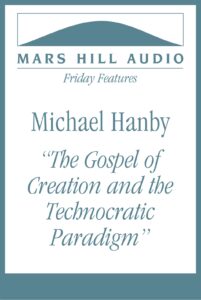
The recovery of an integrated ecology
In this essay, Michael Hanby unpacks the summons of Laudato si’ to an ecological way of life based on a proper understanding of creation in its fullness and integrity. (57 minutes)
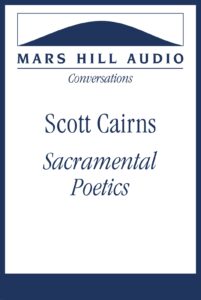
Sacramental Poetics
Poet and Eastern Orthodox believer Scott Cairns explains how a good poem functions like an icon: it assists the process of our becoming aware of what is real, and it is generative in the ways it keeps opening up new understandings. (56 minutes)
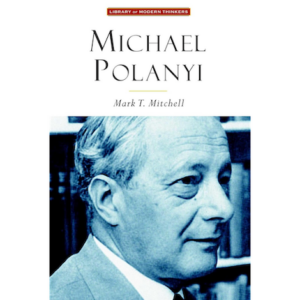
Harbinger of disorder
Mark Mitchell on Michael Polanyi’s recognition of the dangerous dead-end of materialistic reductionism
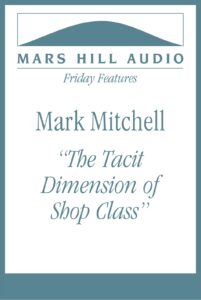
The personal element in all knowing
Mark Mitchell connects key aspects of Michael Polanyi’s conception of knowledge with Matthew Crawford’s insistence that real knowing involves more than technique. (34 minutes)

Making contact with reality
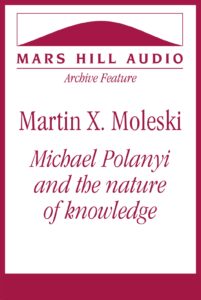
Knowing the world through the body
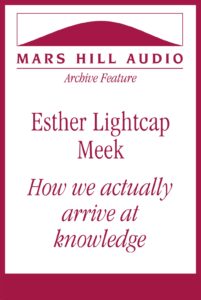
Steward of knowledge vs. autonomous knower
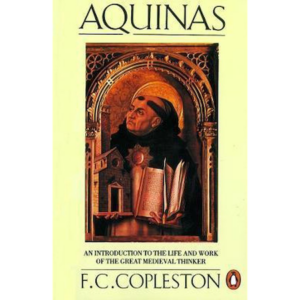
The collaboration of bodies and minds
F. C. Copleston on Aquinas’s confidence in the embodied nature of knowledge
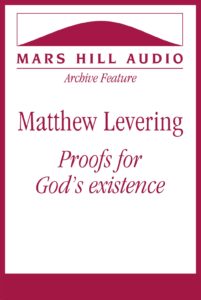
Wonder, being, skepticism, and reason
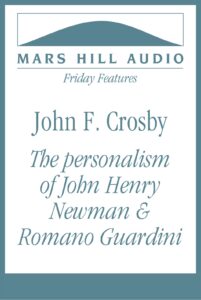
The need to recollect ourselves as whole persons
In this 2016 lecture, John F. Crosby explores key personalist insights found in the thinking of John Henry Newman and Romano Guardini. (60 minutes)
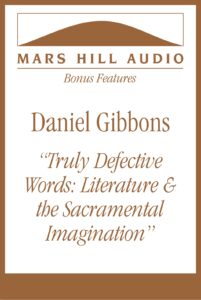
“A sign of contradiction”
In this lecture, Daniel Gibbons compares and contrasts understandings of sacramental poetics proposed by Augustine, Aquinas, and Sydney. (36 minutes)
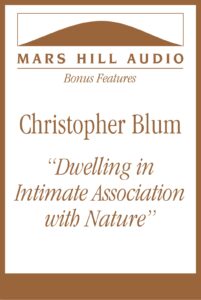
Nature’s intelligibility
In this lecture, Christopher Blum argues that scientists need to regain a full appreciation of nature’s intelligibility, as they are apt to lose sight of reality due to the reductionism produced by their theories. (31 minutes)
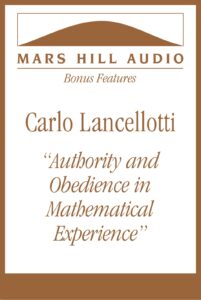
Submission to mathematical truth
In this lecture, Carlo Lancellotti argues that integration of the moral, cognitive, and aesthetic aspects of mathematics is needed in a robust liberal arts mathematics curriculum. (25 minutes)
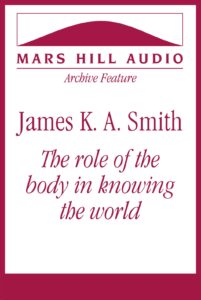
Embodied knowledge
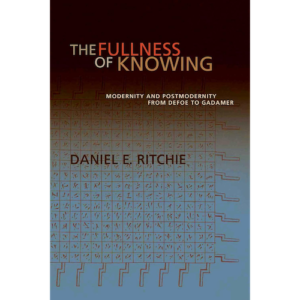
Touch’d with a coal from heav’n
Daniel Ritchie finds in the poetry of William Cowper (1731–1800) an anticipation of Michael Polanyi’s epistemology
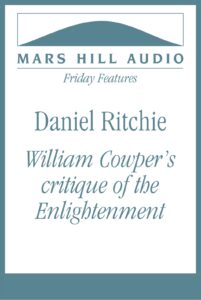
How we know the world
Daniel Ritchie argues that poet and hymnodist William Cowper was ahead of his time in critiquing the Enlightenment's reductionist view of knowledge. (16 minutes)
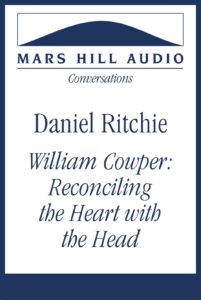
William Cowper: Reconciling the Heart with the Head
Daniel E. Ritchie discusses the life and work of poet William Cowper (1731–1800), comparing his commitment to understanding reality through personal knowledge, intuition, and rigorous contemplation with the thought of Michael Polanyi. (43 minutes)
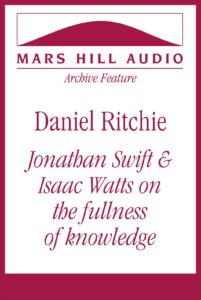
Approaches to knowing
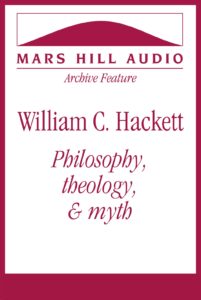
The integration of theoretical and mythic intelligence
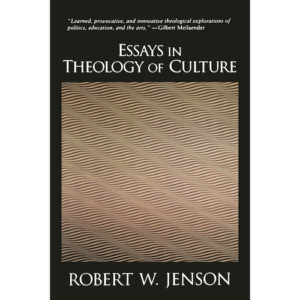
Universities as the hosts of reciprocating speech
Robert Jenson on how the Christian understanding of Truth in a personal Word shaped the Western university